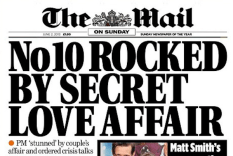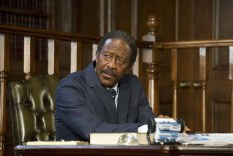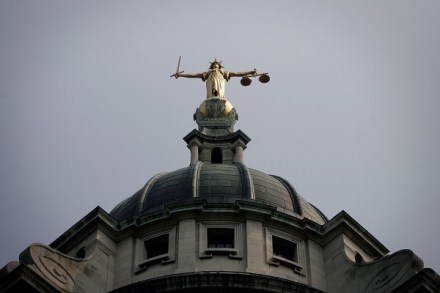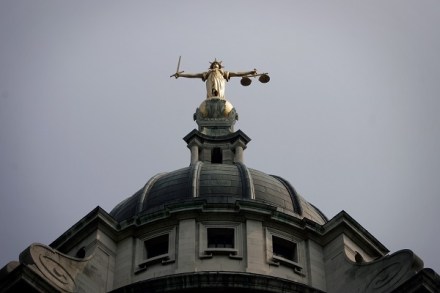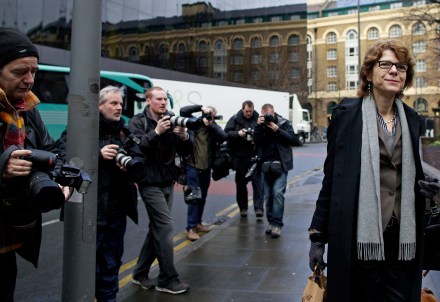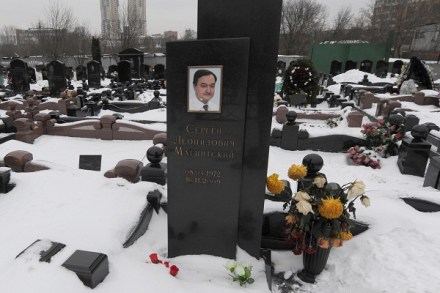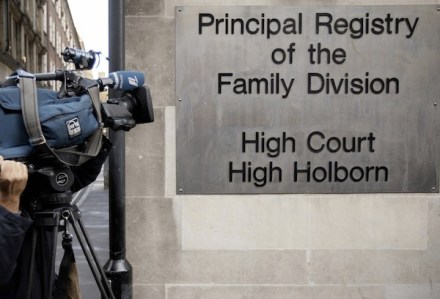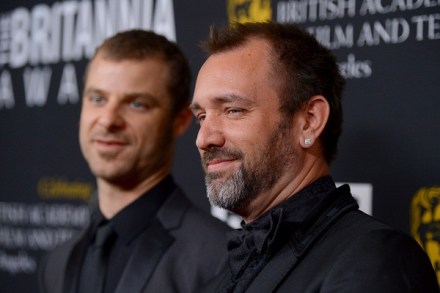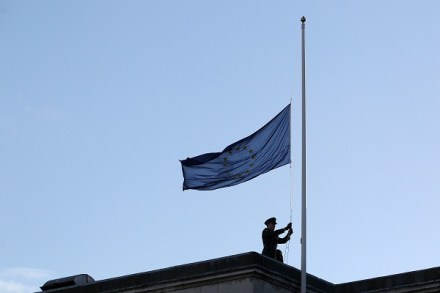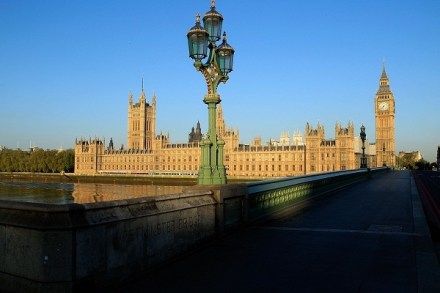Hail Caledonia: Fantasy Justice and Offensive Behaviour at Football. The Horror Continues.
Two years have passed since the SNP won its landslide election victory, leaving Alex Salmond master of all devolved territories. Two years notable for the absence of significant legislative achievement. Given the consequences of government legislation this is not necessarily something to be regretted. Nevertheless, Mr Salmond is no FDR or LBJ (again, a good thing too you may say). The exception to this record of legislative lethargy is, of course, our old friend the Offensive Behaviour at Football and Threatening Communications Act. Readers may recall that I am no fan of this illiberal, pernicious, dismal piece of legislation (my most recent post on it is here). Nothing that has






